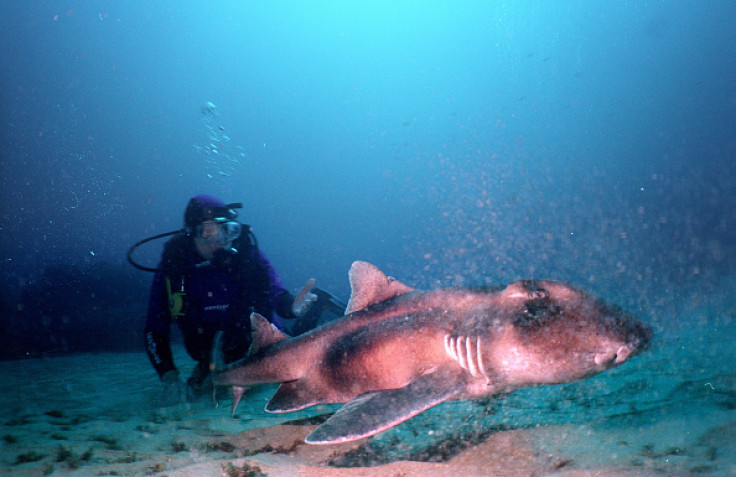Sharks have personalities: Some are bolder and less stressed than others

Just like humans, sharks seem to have their own personalities, scientists have said. The ability to take risks and to handle stress appears to vary from one animal to another.
The study, published in the journal of Fish Biology, is the latest in a series of research investigating behaviours and personality in animals.
Scientists' interest in this field has grown in recent years, as personality traits may influence prey choice, habitat use and activity levels – factors which are critical to better ensure the survival of the species.
Stress and boldness
The team of scientists collected 17 juvenile Port Jackson sharks, a type of bullhead shark found off the coast of Australia.
They put them in tanks at Sydney Institute of Marine Science to observe them. They then assessed individual behavioural and personality differences by submitting the sharks to two types of tests: an open-field emergence (boldness) test and a stress reactivity test.
The first consisted in measuring the ability of individuals to emerge from cover and explore a novel, potentially dangerous habitat to measure boldness while the second involved handling and transporting the animals between tanks – which is stressful for them.
The scientists discovered that each individual shark's behaviour was consistent over four repeated trials, During the different experiments some sharks clearly acted bolder than others, going to explore their tanks with more bravery. Some reacted more strongly to the stress of being handled in all trials.
This suggests sharks do not have capricious or random reactions to different events, but that they act according to well-defined, individual personality traits.
Complicated task
Though the study offers a precious insight into the behaviours of the marine predator, it also indicates that managing this population will come with many challenges.
"Personality traits can influence individual factors such as diet preference and habitat use, and different combinations of traits within a population can variably influence ecosystem dynamics", the authors said.
Because every shark behaves and reacts differently, implementing conservation strategies that work for all will be a more complicated task than previously thought.
© Copyright IBTimes 2024. All rights reserved.









